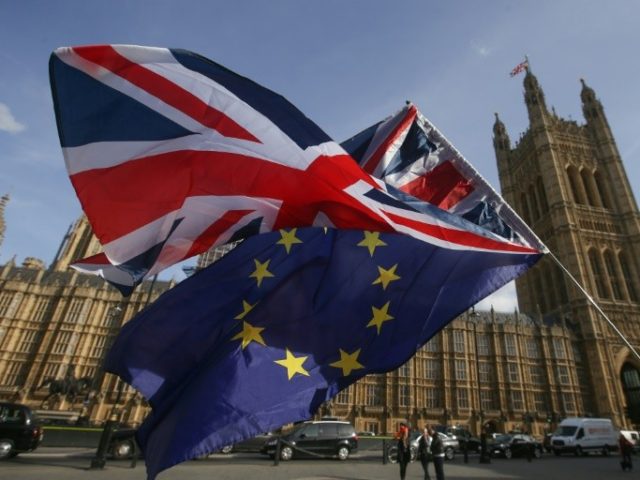The Institute of Directors (IoD) has backed calls for the UK to remain tied to European Union (EU) institutions after Brexit, with the creation of a “partial” customs union.
The business leaders group said the “UK should pursue a new, bespoke, and partial customs union with Europe” citing Turkey’s relationship with the bloc as a potential model to follow in a new report.
They said the deal would cover industrial goods and processed agricultural products. A proposal by Theresa May’s top EU advisor last week also called for a partial customs union, covering goods but not services.
A leaked memo also suggested last week that the Labour Party had been plotting with Brussels officials to keep the UK in the Customs Union if they seize power. The party denies this, however.
Brexiteers, meanwhile, argue that staying in a customs union would stop the UK striking its own trade deals, breaking free of EU rules, and would be a betrayal of the Brexit vote.
However, the IoD claim that under their model, the UK would still be able to negotiate its own free trade agreements beyond the bloc. Turkey is currently the only country that has an arrangement similar to this.
EU’s Brexit Boss Demands Britain Stay in Customs Union or Face Consequences: ‘It Is Time to Make a Choice’ https://t.co/EJ8RIe1SeP
— Breitbart London (@BreitbartLondon) February 6, 2018
According to the IoD model, primary agricultural products like raw milk and fruit would be excluded from the partial customs union, but goods such as cars and chemicals would be included.
Stephen Martin, director general of the IoD, told The Express: “In the long term, the UK should consider remaining in a narrowed customs union to mitigate the disruptive effects for business and ensure manufacturing remains competitive and attractive for inward investment.
“In the interest of our members and the wider business community, while respecting the decision taken by the people in June 2016, we feel this is the best way forward.”
In response to the proposal, a government spokesman said: “We set out our two preferred models in our Customs Future Partnership paper.
“Both of these options set out that we will not be in a customs union, allowing us to make our own trade deals across the world but while still ensuring trade with the EU is as frictionless as possible.
“Of course, the final arrangements will depend on the negotiations with the EU.”

COMMENTS
Please let us know if you're having issues with commenting.